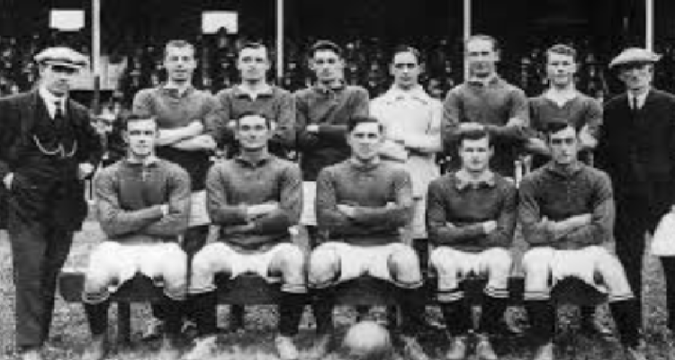
Football, or soccer as it is known in some parts of the world, is more than just a game; it is a global phenomenon that unites millions of fans across cultures and continents. At its core, football has deep historical roots, and its modern form can be traced back to England in the 19th century. Understanding the origins of football not only enhances our appreciation for the game but also sheds light on its cultural significance and evolution. This exploration reveals how England emerged as the birthplace of football, shaping the sport we know today.
Early Beginnings: A Game for the People
The origins of football can be traced back centuries, with various cultures playing similar games involving a ball and feet. Ancient civilizations, including the Chinese, Greeks, and Romans, had their versions of ball games. However, these early forms were often chaotic and lacked standardized rules. In England, local variations of a game involving kicking a ball were played in towns and villages as early as the 12th century, often referred to as “mob football.” These early matches had few rules and could involve an entire village, with teams trying to carry or kick a ball to designated areas, often resulting in disorderly chaos and conflict.
The Birth of Modern Football
As the 19th century approached, the need for a standardized version of the game became increasingly apparent. Various public schools in England, including Eton, Harrow, and Rugby, played their own unique variations of football, each with differing rules. The inconsistencies between these variations made it difficult to play against teams from other schools. In 1863, the Football Association (FA) was founded in England to create a unified set of rules for the sport. This pivotal moment marked the birth of modern football.
The FA’s formation was instrumental in establishing rules known as the “Laws of the Game,” which standardized many aspects of play, including the size of the field, the number of players, and the way the game was played. The introduction of these regulations laid the groundwork for organized competitions and formal leagues, allowing football to grow from informal matches to a structured sport.
The Rise of Club Football
With the establishment of the FA, football clubs began to emerge across England. The first official football club, Sheffield Football Club, was formed in 1857, followed closely by clubs like Notts County and Aston Villa. These clubs played friendly matches and began to develop local rivalries. The rise of clubs led to the establishment of the first football league, the English Football League, in 1888, providing a competitive structure for teams to showcase their skills.
During this period, football also began to attract spectators, and stadiums were built to accommodate fans. The sport’s popularity soared, particularly among the working class, as it became a source of entertainment and community pride. Football matches became social events, bringing people together and fostering a sense of belonging.
Global Expansion
As football’s popularity grew in England, it began to spread to other countries. British expatriates introduced the game to various parts of the world, including Europe, South America, and Africa. By the late 19th and early 20th centuries, countries like Scotland, Brazil, and Italy had developed their football traditions, building upon the foundations laid in England.
The establishment of FIFA (Fédération Internationale de Football Association) in 1904 further facilitated the global expansion of the sport. FIFA organized international competitions, including the first World Cup in 1930, which showcased the sport on a global stage. This event transformed football into a worldwide spectacle, uniting nations and sparking fierce rivalries.
Cultural Significance
Football’s roots in England are not just historical; they are also deeply embedded in the cultural fabric of the country. The sport has shaped national identity, with clubs representing local communities and fostering loyalty among fans. Major events, such as the FA Cup and the Premier League, draw massive audiences, both in stadiums and on television, reflecting the sport’s importance in contemporary society.
Moreover, football has served as a vehicle for social change. It has provided opportunities for individuals from diverse backgrounds to excel, promoting inclusivity and breaking down barriers. The rise of women’s football, in particular, has gained significant momentum in recent years, with England becoming a focal point for the women’s game.
Conclusion
The history of football is a testament to the power of sport to transcend boundaries and connect people. From its chaotic origins in medieval England to its emergence as a global phenomenon, football has evolved significantly. The establishment of standardized rules, the formation of clubs, and the rise of international competitions have all contributed to the sport’s growth and popularity.
As fans around the world cheer for their favorite teams, it’s essential to remember the rich history that laid the foundation for the beautiful game. England’s role as the birthplace of football is a legacy that continues to inspire future generations, ensuring that the sport remains a vital part of global culture. Whether played in local parks or grand stadiums, football’s enduring spirit is a testament to its power to unite and inspire, making it a cherished part of human history.